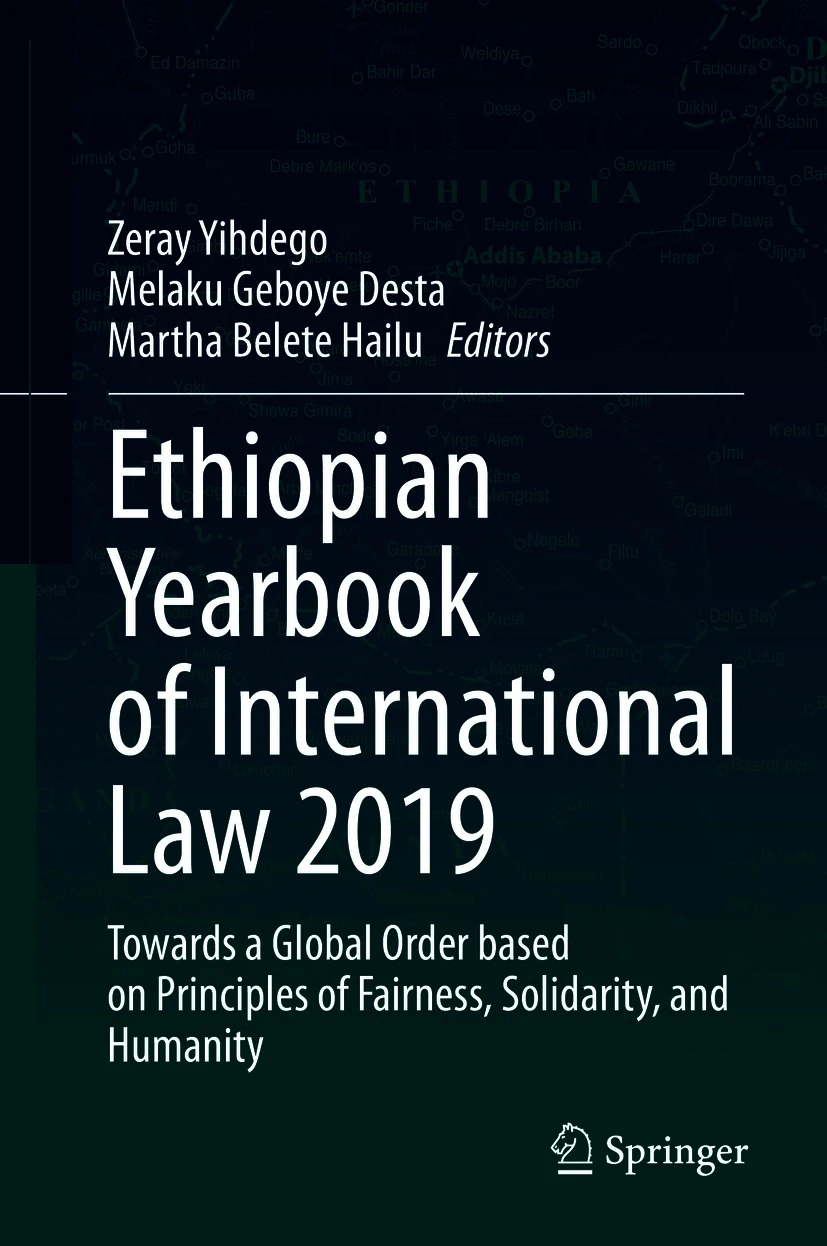Brian Wood and Peter Danssaert contributed a chapter on transnational arms brokering for the Ethiopian Yearbook of International Law 2019, edited by Zeray Yihdego, Melaku Geboye Desta, Martha Belete Hailu (2020).
Abstract:
African countries face an ongoing threat from the consequences of unregulated arms brokering but this cannot be solved by remedial action in Africa alone. Cases show that criminal justice and United Nations Security Council responses to mass atrocities and other serious violations of international law can sometimes ensure accountability and expose the complicity of those involved in international trading, brokering and shipping of arms used by the perpetrators. However, every state also has a responsibility in the first place to prevent such complicity by strictly regulating the conduct of those involved in the arms trade and cooperating with other states to do so. It is evident from the examples cited that, to be effective, both reactive and proactive approaches require a considerable investment of resources, political will and international cooperation, especially in relation to arms brokering which can involve an opaque and complex network of transnational arrangements.
The newly established Arms Trade Treaty (ATT) obligates its 110 state parties to regulate arms brokering but leaves open the choice of specific means of regulation and how to define the term “brokering.” Specific standards and procedures for cooperation to regulate the brokering of firearms, or small arms and light weapons, have been established by states at regional and multilateral levels, but national legislation and actual law enforcement and cooperation amongst most African states still lag far behind those in most other world regions or are absent, exposing African populations to further risks from unregulated arms brokering.


